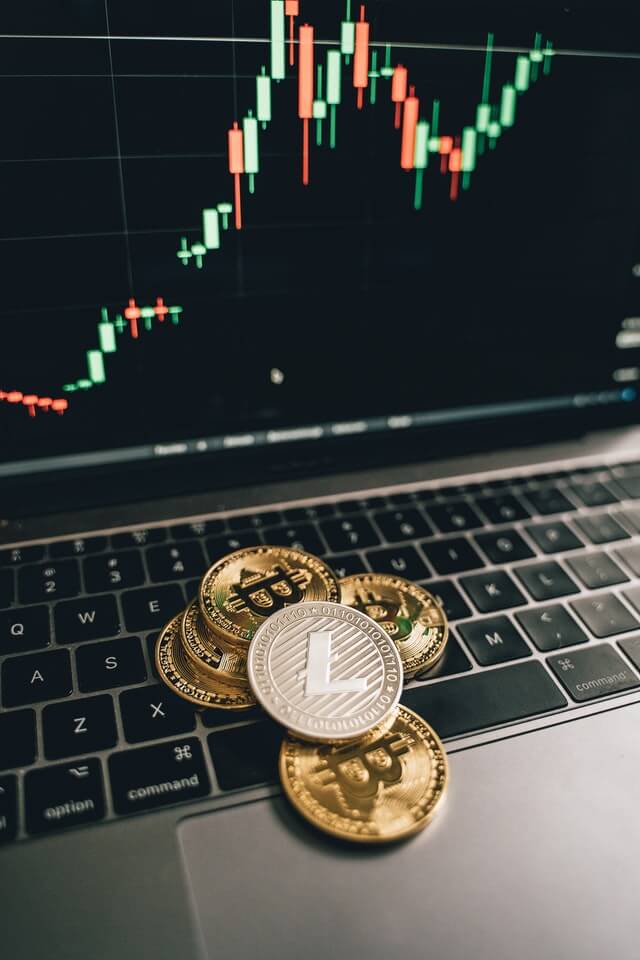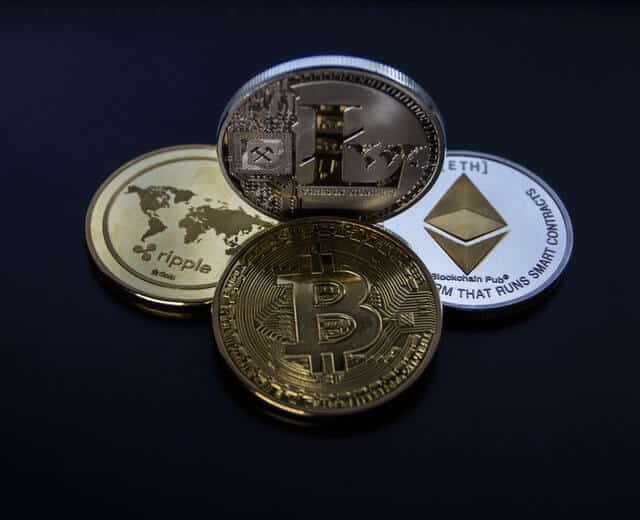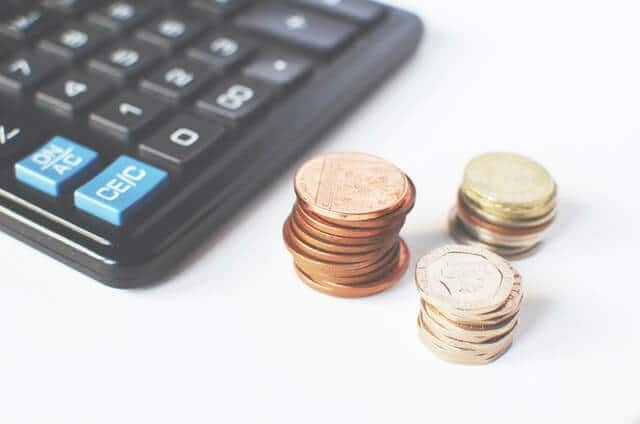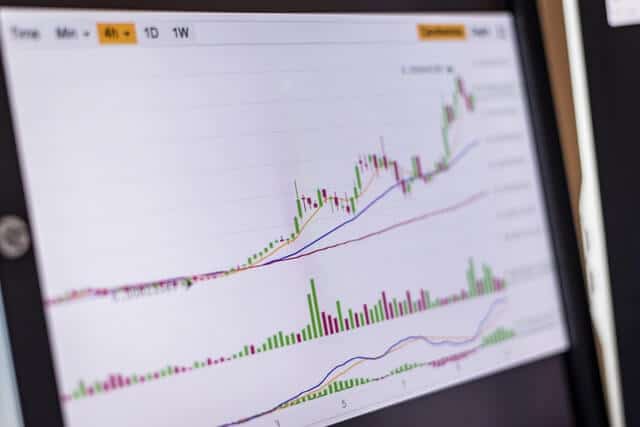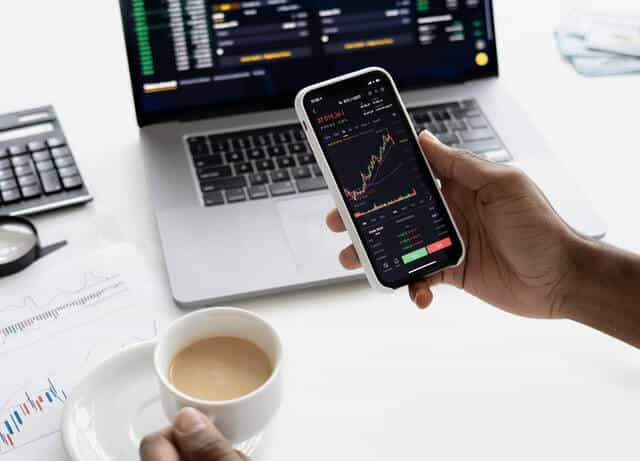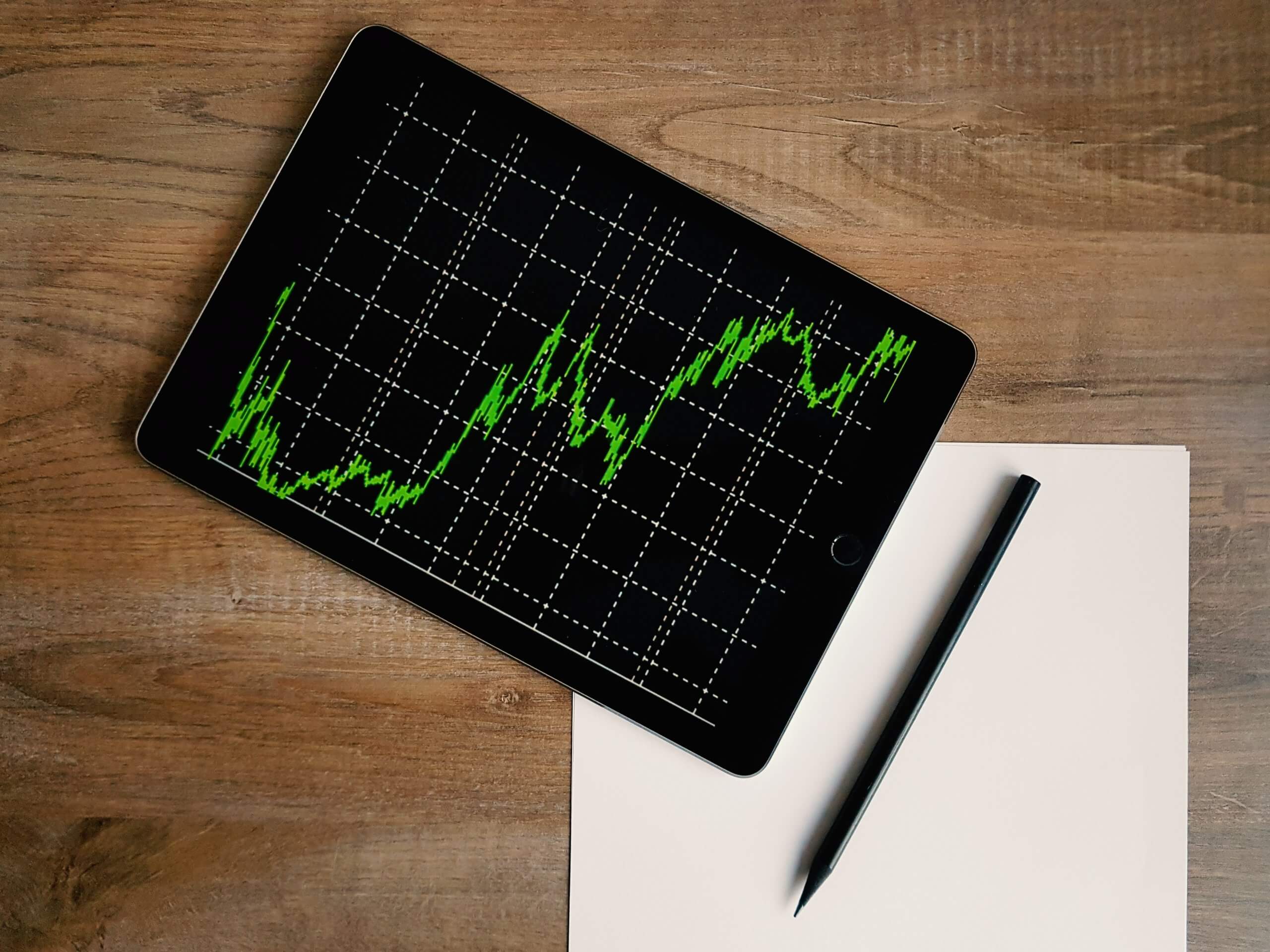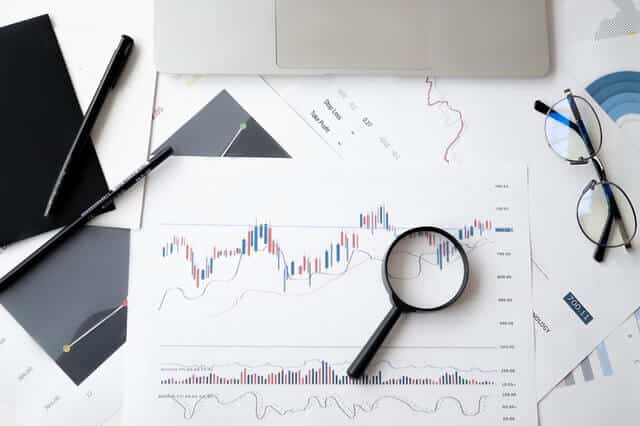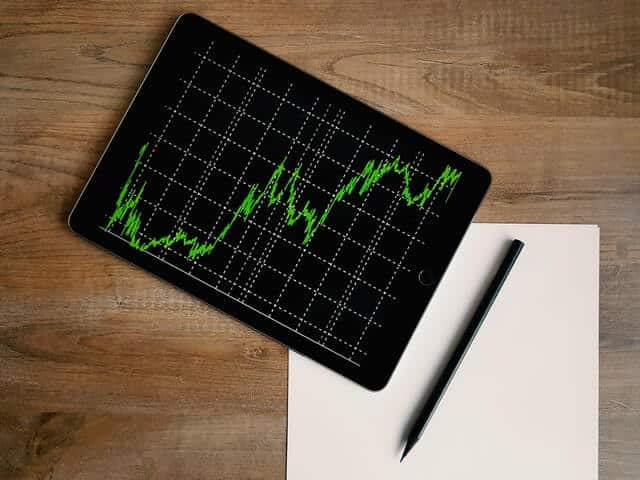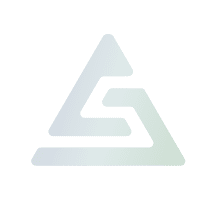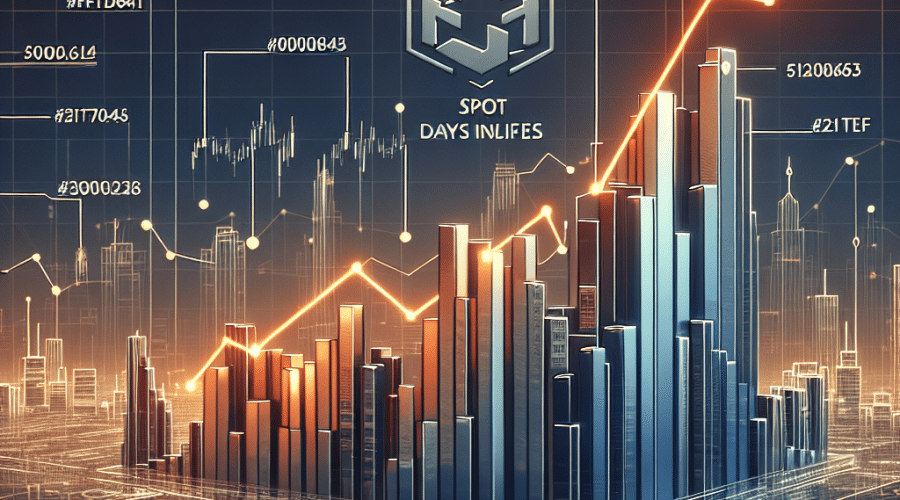As blockchain networks continue to expand in the market, users start using new terminology that in many cases can create confusion. One of these terms includes Blockchain Oracles.
In this guide, we will explain what are blockchain oracles, how they work and how they can help blockchain networks to have better information. Of course, there are different kinds of oracles that would offer different services and solutions.
What are Blockchain Oracles?
Blockchain oracles are services that can be used by blockchain networks to receive information from external sources. This is certainly important for a large number of blockchain networks that require accurate and valuable information to run and execute smart contracts.
For those that do not know, smart contracts allow blockchain networks to perform credible and verified transactions. Moreover, they provide great resources to enforce the negotiation or improve the performance of specific contracts in distributed ledger technology networks.
Blockchain oracles are very important in order for blockchain networks to have data from outside information providers. These sources of information can be very different and diverse oracles will be gathering this data and sending it to the blockchain that requires them to run smart contracts.
The data that they collect can be the price fluctuation of a specific trading pair, unique market conditions and indicators, among other things. This data will be collected from off-chain resources to which the blockchain network cannot have access to.
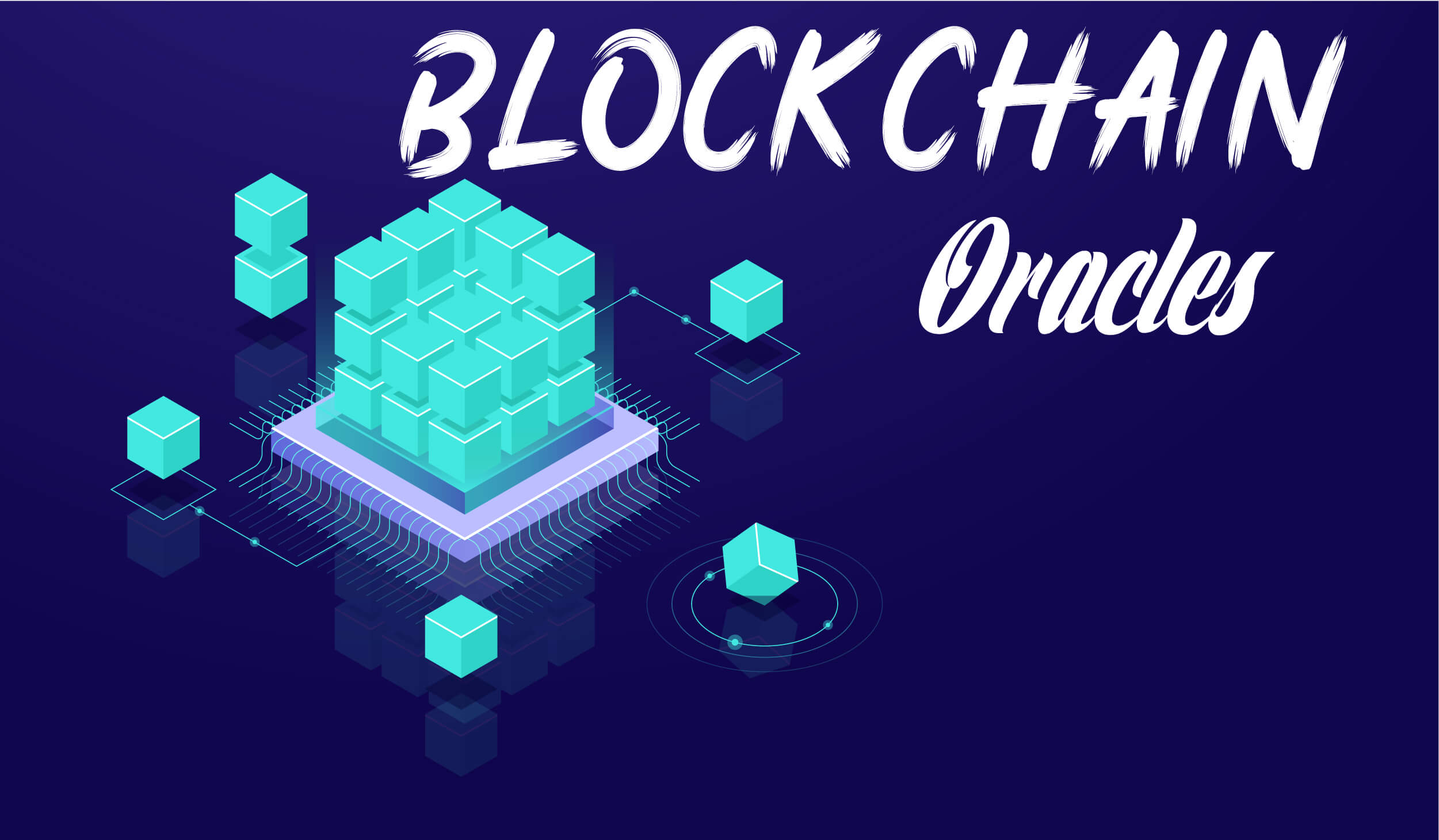
Different Kinds of Blockchain Oracles
There are different blockchain oracles that would be used in different situations by blockchain networks.
- Hardware Oracles
Hardware Oracles work with information related to devices that operate in the physical world. We can be talking about data provided by speed cameras, car engines or even thermometers that measure temperature.
This can be used by blockchain networks that need this data in order to execute different smart contracts. For example, if a speed camera captures a car going above the speed limit, this can provide clear data to a blockchain-based system to insert this information in a database. If the camera is already more advanced and it can detect the car’s plate, it may be possible for the blockchain network to send already a bill to the owner of the car once it surpassed the speed limit.
- Software Oracles
As there are hardware oracles, software oracles provide information but from sources that can be located online, including websites, data providers, trading platforms and more. This can be great for many blockchain-based companies that are operating 100% online and that are searching for data from trusted sources online.
- Oracles Based on Community Consensus
These kinds of blockchain oracles are related to systems that require the consensus of a community to execute smart contracts. There are different blockchain networks that are currently working with these oracles.
These networks use the information provided by these companies and run the smart contracts they need.
- Outbound Oracles
All the oracles that we have mentioned before are considered to be inbound oracles because they provide information to blockchain networks from the outside world. However, blockchain networks can also provide valuable information to external sources.
For example, it is possible to inform the number of transactions in a specific network, among other things.
Controversy Related to the Source
There are different controversies related to these oracles. Indeed, users that rely on smart contracts connected to these oracles should trust the information they provide. In many cases, it can happen that there are some complications with the data provided and this could cause certain problems.
If for any reason, a software oracle that gathered data from a specific website is now reporting misguided information from that website, this could execute several smart contracts based on wrong information. The same can happen with other oracles, including hardware ones.
This problem would not create many issues in government-based networks considering that many of these mistakes may never be reported to the public. Meanwhile, decentralized communities could complain about wrong data provided by these oracles and change network.
Conclusion
As we have shared in this guide, blockchain oracles are very important to run healthy and innovative blockchain networks. We have covered the different kinds of blockchain oracles that provide information and how they could be accepted or not by the communities that require information from them.
Finally, trust is going to be a very important factor that would determine whether a specific source is trustworthy or not.





